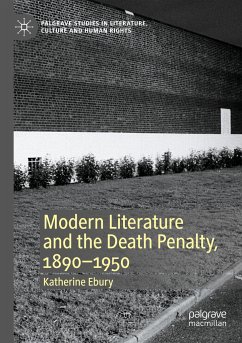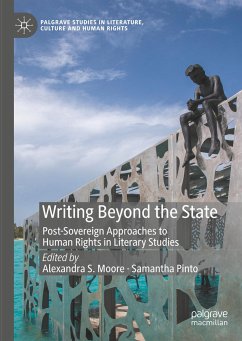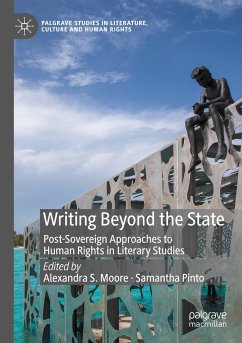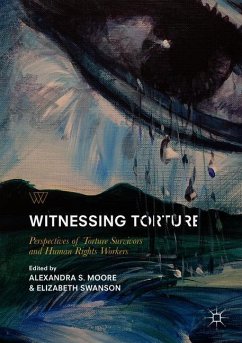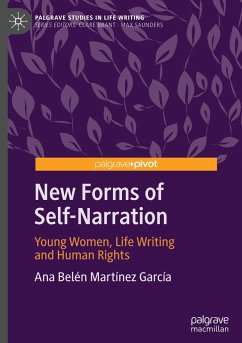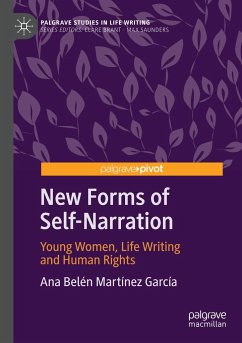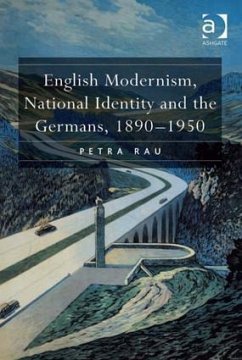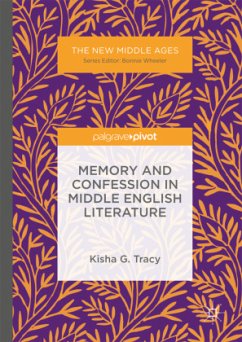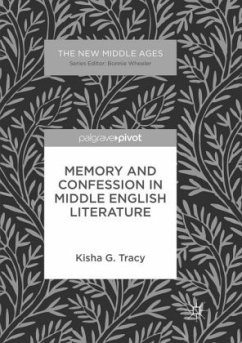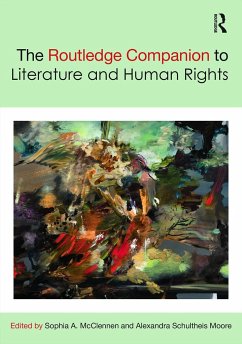
Modern Literature and the Death Penalty, 1890-1950
Versandkostenfrei!
Versandfertig in 6-10 Tagen
61,99 €
inkl. MwSt.
Weitere Ausgaben:

PAYBACK Punkte
31 °P sammeln!
This book examines how the cultural and ethical power of literature allowed writers and readers to reflect on the practice of capital punishment in the UK, Ireland and the US between 1890 and 1950. It explores how connections between 'high' and 'popular' culture seem particularly inextricable where the death penalty is at stake, analysing a range of forms including major works of canonical literature, detective fiction, plays, polemics, criminological and psychoanalytic tracts and letters and memoirs. The book addresses conceptual understandings of the modern death penalty, including themes su...
This book examines how the cultural and ethical power of literature allowed writers and readers to reflect on the practice of capital punishment in the UK, Ireland and the US between 1890 and 1950. It explores how connections between 'high' and 'popular' culture seem particularly inextricable where the death penalty is at stake, analysing a range of forms including major works of canonical literature, detective fiction, plays, polemics, criminological and psychoanalytic tracts and letters and memoirs. The book addresses conceptual understandings of the modern death penalty, including themes such as confession, the gothic, life-writing and the human-animal binary. It also discusses the role of conflict in shaping the representation of capital punishment, including chapters on the Easter Rising, on World War I, on colonial and quasi-colonial conflict and on World War II. Ebury's overall approach aims to improve our understanding of the centrality of the death penalty and the role it played in major twentieth century literary movements and historical events.



